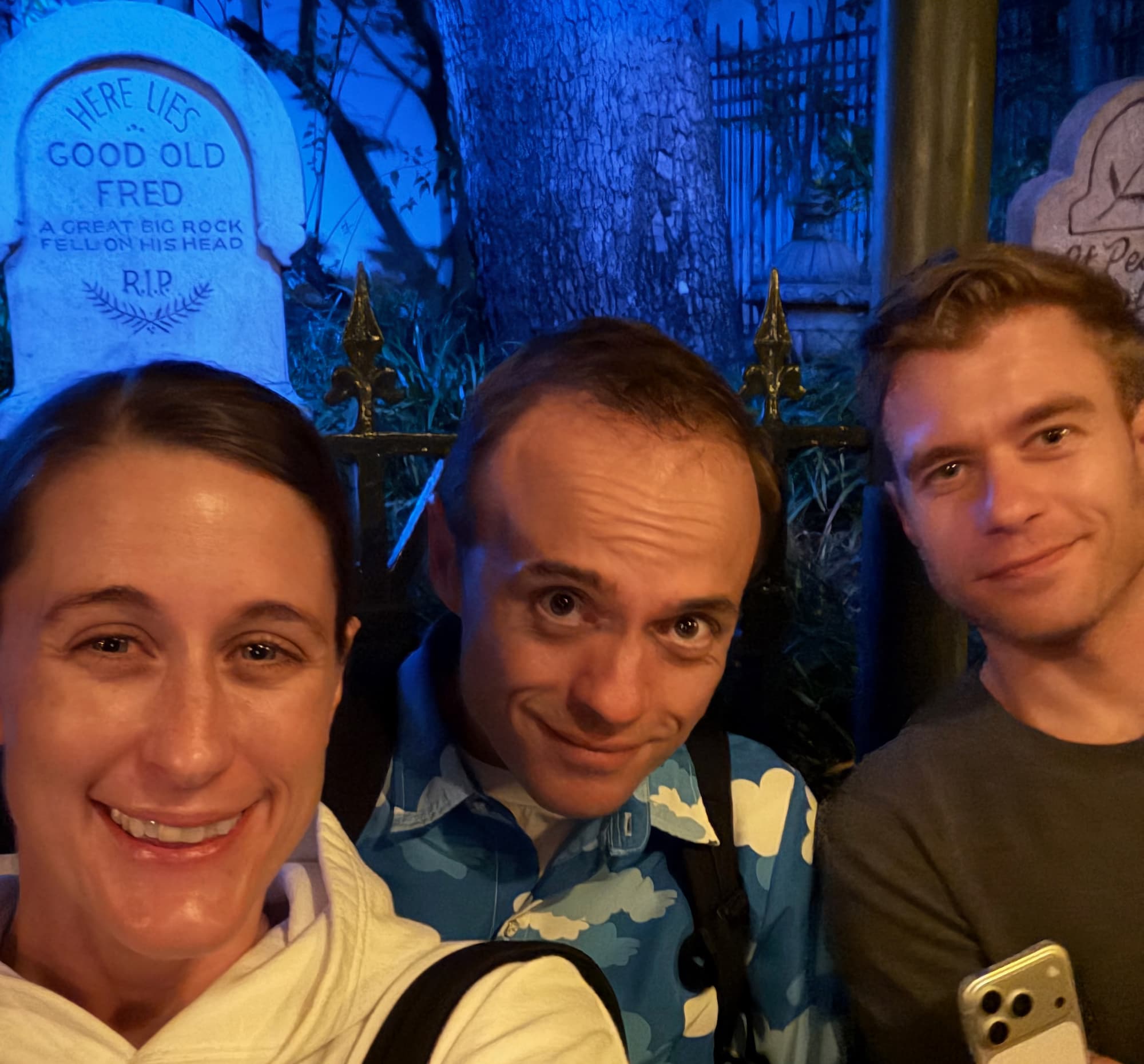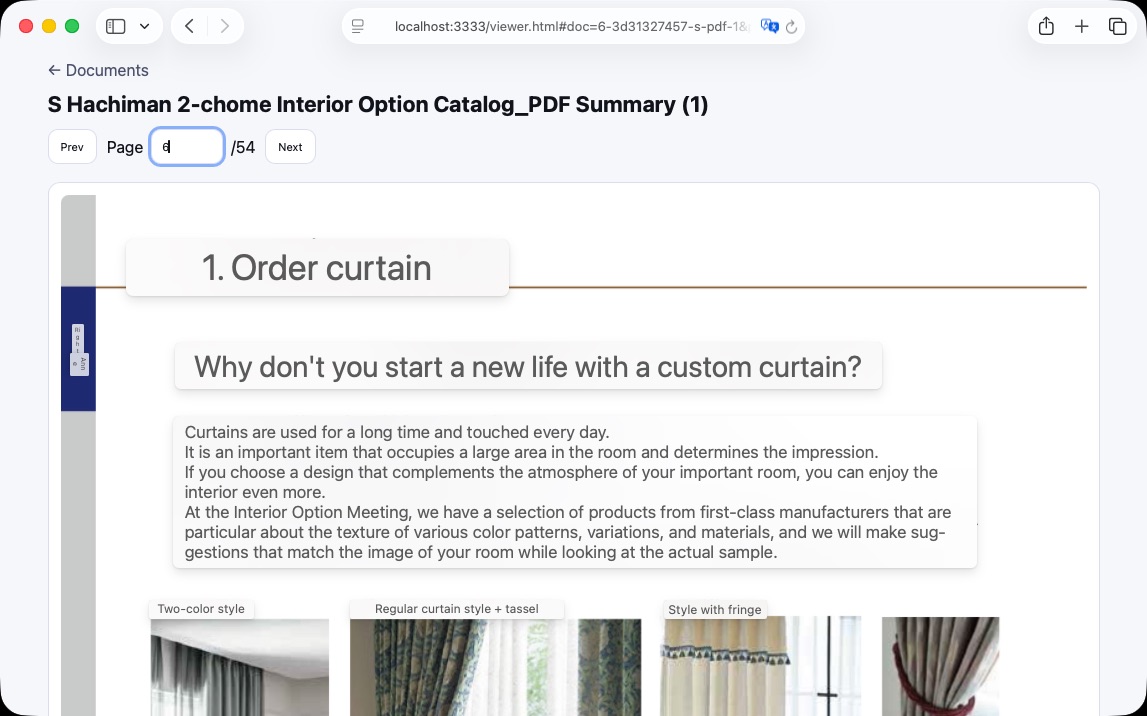Weekstart
The curse of productivity is that it's self-perpetuating. Respond to e-mails with lightning speed and you just get more replies. Demonstrate your reliability to others long enough, and they'll just bring you more shit to do. Develop productive routines and habits and—before you know it—your natural disposition will shift towards being done with things and away from actually doing things.
Left unconstrained, optimizing for a productive life can diminish the joys of living. Many of us who opt into the lifestyle of "staying on top of shit" do so, ostensibly, to maximize time for creative work, or for leisure, or for family. That's the spirit with which I first discovered Getting Things Done near the beginning of my career. And it really worked! I have no doubt I owe much of my success to adopting a clear productivity process, low-friction tools, and ruthless discipline.
But even for the handful among us who successfully find a productivity regime we can stick with, the technologies that both enabled remote work and unintentionally led to the disintegration of work-life boundaries have resulted in a situation where highly productive people often wind up cursed with the inability to turn it off. I had no problem forgetting about the hundreds of e-mails and things to do in 2009 when I would—get this—leave my computer at the office overnight. But once I started working from home, there was no longer a natural threshold through which to transition from being "productive" to being "unproductive". I doubt I am alone in this.
Depressingly, even after I retired and no longer had any job at all, I found myself continuing to be hyper-vigilant about checking e-mail, tackling todo after todo, and generally prioritizing productivity over whatever shit I claimed to want to do. I've been promising myself a hedonistic life of video games, vodka, and gummy bears since I was 19 years old. And yet, even though I have plenty of money, zero constraints on my time, and a backlog of thousands of games, here I am writing a fucking blog post instead of literally ever doing the one activity I set out to achieve before starting my career.
Moreover, when others look at me and how I go about getting shit done, and—rather than wanting to emulate it—they tend to walk away feeling grateful they're not as tightly-wound as I am. When I consider all the people in my life, it's starting to feel like there are essentially two classes of humans: people who never get shit done and people who never stop getting shit done.
This state of affairs was clearly suboptimal. That's why, last year, Becky and I adopted a bespoke weekly schedule that enables us to get things done without getting carried away. The key insight was, as usual, to implement a strict timebox. We call it "weekstart", and this is how it works.
Weekstart kicks off Monday morning and ends with the dinner bell on Tuesday.
You'll never guess what happens next…





